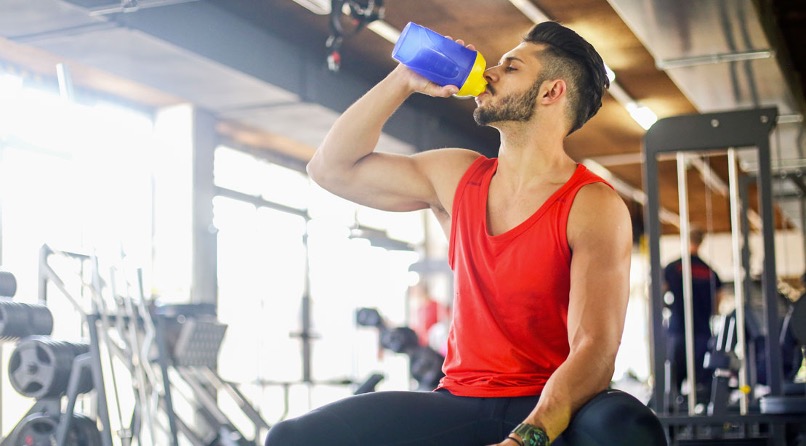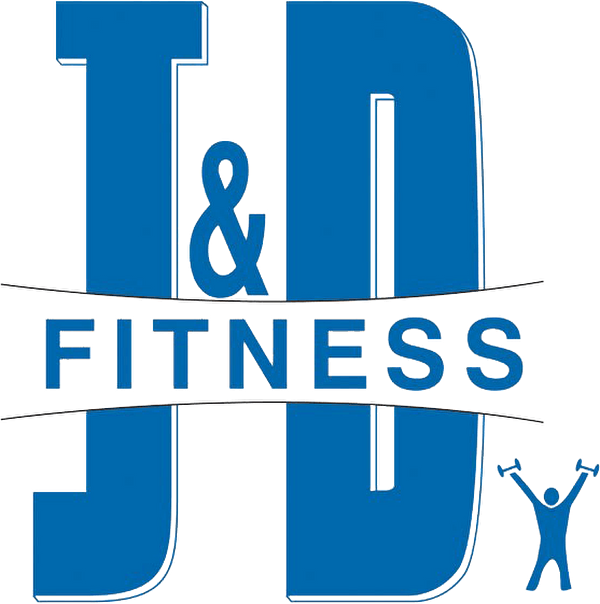Understanding Theory and Research for Fitness
Working in the fitness industry for over thirty years, I have seen some theories grow and become main staples in the industry and others fall by the wayside after being proven to be false. I admit to being a naïve victim of some of the debunked theories. In all matters of science, it takes time. It initially starts as a theory and if it gains traction in the form of mass appeal and acceptance, it then gets scrutinized. To inspire research, there needs to be substantial interest. Research does cost money. I experienced the years of balance training where everything we did in the weight room on a stability ball. I was one of those trainers’ performing exercises, kneeling on a stability ball. The theory was that training in an unstable environment increased the neurological demands and hence increased strength. If you’re familiar with the Power-plate, this theory is the basis of their devices. The research later proved that the compromise in load, simply put, you can’t curl the same amount of weight standing on a single leg compared to two, decreased the demand which produced a smaller strength increase. What this demonstrated to me is that I must revisit theories further down the road to see if the claims from these concepts prove to be true.
The Theory of the Post Workout Anabolic Window
The idea is that after resistance training your body has an elevated absorption rate of protein and carbohydrates for up to an hour. I’ve heard that your body is like a sponge for protein initially after training. It made sense. The research has proven that muscle tissue is damaged during resistance training and glycogen stores (these are the carbohydrates your body stores for immediate energy) are depleted. The theory was that if you ingested a mixture of protein and sugary carbs immediately after exercising you replenished the depleted glycogen stores preventing further muscle breakdown and provided readily available protein for the muscle tissue repair. The issue in question is do you need to consume the nutrients immediately after?

Research on the Post Workout Anabolic Window
To date there is not any research that supports the claim that protein absorption is elevated post exercise. You do need to ingest protein for tissue and cell repair, but that is over the timetable of twenty-four hours. In 2013, two top bodybuilding researchers, Alan Aragon and Brad Schoenfeld, conducted an in-depth review of all studies, read the study here. The conclusion? There is zero conclusive evidence that shows ingesting carbs and protein immediately after a workout raises muscle protein synthesis. While some studies found a slight benefit, others found a bigger benefit from consuming a pre-workout meal. And to make matters more complicated, many of the studies (both for and against the “anabolic window”) were conducted on elderly individuals, obese people, or populations that don’t regularly exercise. In other words, there’s no clear benefit to having a post-workout shake. Sure, it may offer slight benefits in some rare cases, but it’s only going to make a negligible difference overall. What about glycogen stores?

Your body does need to restore and replenish glycogen, but that’s prior to your next workout. Unless you are training twice daily, you have time. A study was able to prove that there was not a difference in glycogen levels if ingested immediately post workout or two hours later. They monitored blood levels at the 8- and 24-hour mark and there were no differences. What the science is showing us is that it’s the nutrition within the whole twenty fours that matters. So, to my bodybuilding friends who ran to eat tuna and brown rice in the locker room after training, go home and spare us the tuna smell. I’ll see you at the studio.
J & D Fitness Studio in Las Vegas, Nevada
At J & D Fitness we has the knowledge and experience to help you achieve your fitness and health goals. Our personal trainers offer private and semi-private training sessions with a focus on your needs.
